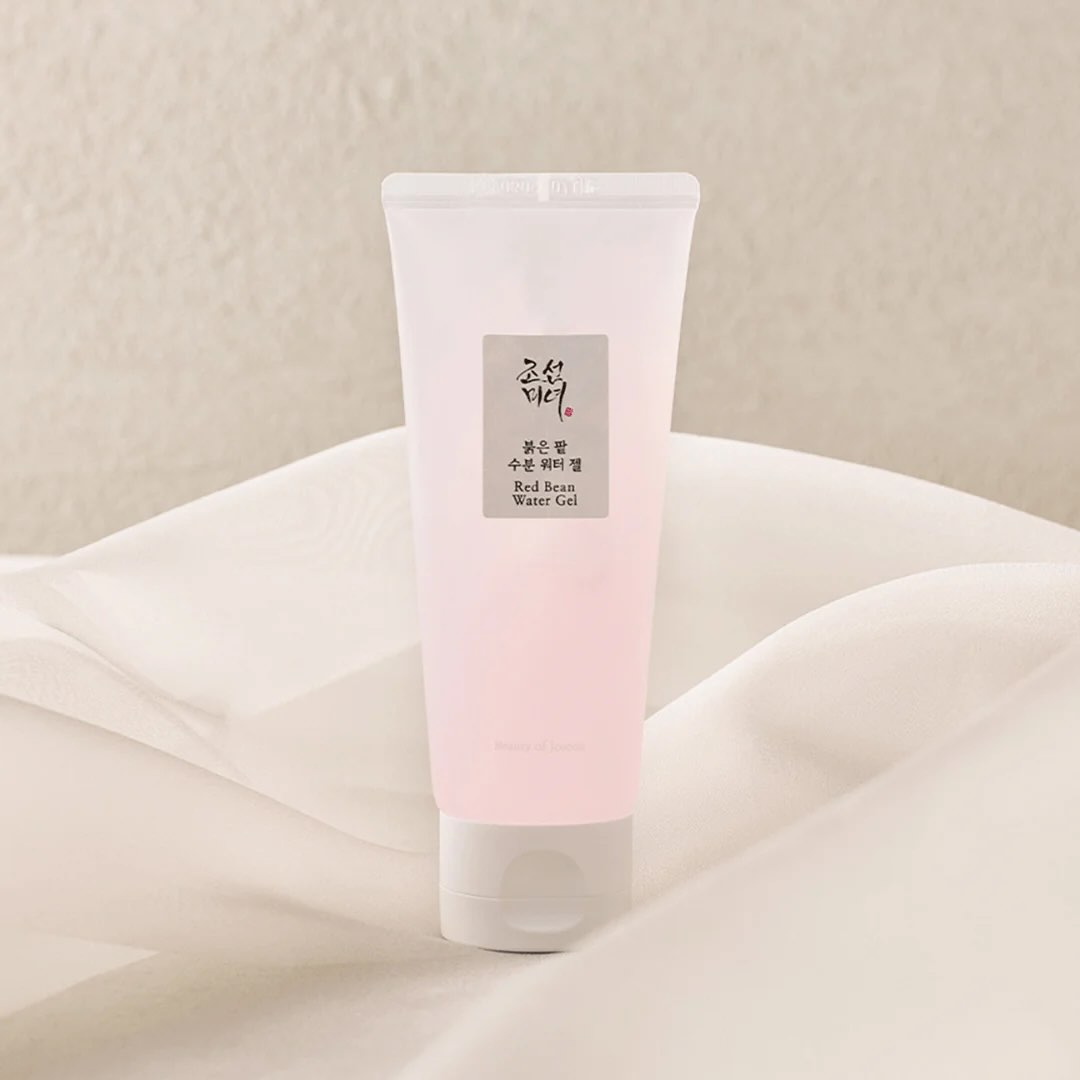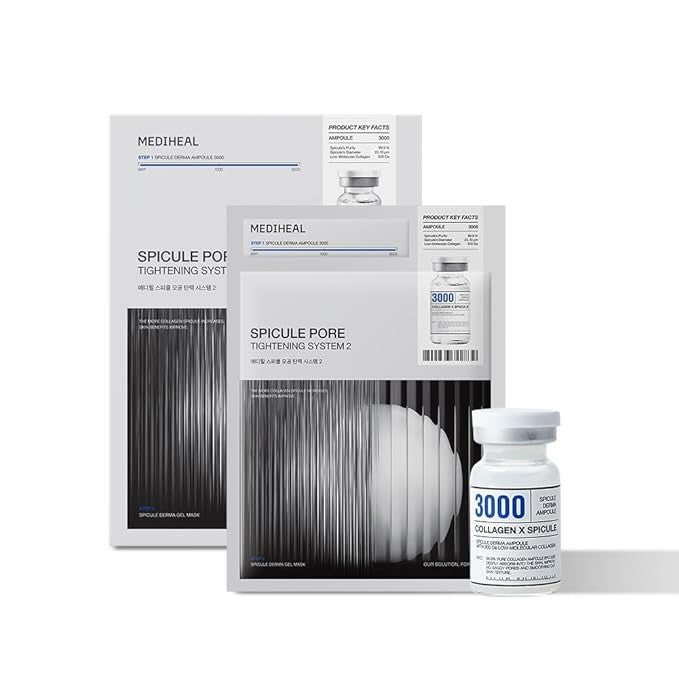Our team is dedicated to finding and telling you more about the web’s best products. If you purchase through our links, we may receive a commission. Our editorial team is independent and only endorses products we believe in.
We like
We don't like
Scrolling through Threads, I saw a post from Chicago-based esthetician Emma Elyse, stating: "Korean skin care is elite for Black women's skin." Her reasoning? "Our biggest concern is hyperpigmentation and Korean skin care is very anti-inflammatory, which aids in the healing [process]." This post racked up nearly three thousand likes and 250 comments.
As a beauty editor and Black woman with hyperpigmentation, I found this intriguing, so I connected with two skin care professionals to get their take on using Korean beauty as an at-home tool to help gently fade pesky dark spots. I am constantly treating my skin. I indulge in the Hydrafacial and SkinPen microneedling as professional treatments, which have been a big help.
However, I still struggle with what to use at home to keep my skin barrier healthy. When I see new spots from hormonal breakouts, I instantly want to reach for the harsh products to fade my discoloration fast, which means irritation and new breakouts. Sylvia Brownlee, esthetician and founder of Skin By Brownlee & Co, tells us this is a no-no. "Many people focus solely on lightening dark spots when addressing hyperpigmentation. However, the key to addressing hyperpigmentation is about healing it by supporting and repairing the skin barrier rather than aggressively lightening it."
Why Is the Skin Barrier Important When Treating Hyperpigmentation?
Our skin is our body's largest organ, and our skin barrier is essential to defend against external threats, which is why Naana Boakye, MD MPH, owner of Bergen Dermatology, tells us it's essential to maintain a healthy skin barrier when treating hyperpigmentation. "A compromised skin barrier leads to increased transepidermal water loss (TEWL), making the skin more prone to inflammation, breakouts, and irritation. Since hyperpigmentation often stems from inflammation, an impaired barrier can create a cycle of persistent dark spots and sensitivity."
Disruption to my skin barrier starts at the first part of my routine: the face wash. I often go overboard with the actives there, so I've learned—after much trial and error—to use gentle cleanser only. This seems to help stabilize my barrier, which Brownlee says is good for breaking the inflammation cycle. "Once your barrier is in good shape, it's easier to pinpoint the causes of breakouts, whether they're related to acne, lifestyle, or environmental factors."
What Ingredients Are Best to Treat Hyperpigmentation in K-Beauty Products?
"K-beauty focuses on gentle and effective ingredients that fight inflammation to protect the skin, making it perfect for those with sensitive or reactive skin types," Brownlee tells us. She recommends K-beauty-loved ingredients she calls "powerful fighters and protectors," like hyaluronic acid, licorice root, and green tea extract.
But there's one ingredient she says is a superstar: niacinamide. "[Niacinamide] works to minimize pores, regulate oil production, and improve skin texture, all while reducing redness and inflammation." Additionally, Boakye says the beloved K-beauty ingredient, snail mucin, is also a great ingredient because it hydrates, promotes skin repair, and supports collagen synthesis.
What About Sheet Masks?
K-beauty sheet masks are sought-after skin care products, so I had to get the expert details on how they can help us on our hyperpigmentation-smoothing journey because they’re both self-care and ultra-nourishing. “Sheet masks are a great way to deliver concentrated serums to your skin while creating an occlusive barrier that helps the ingredients penetrate more effectively,” Brownlee explains. “The mask traps the product on your skin, which helps deeply hydrate and nourish.”
We like
We don't like
We like
We don't like
Don’t Forget Your Barrier-Boosting Moisturizer
Brownlee does note that sheet masks are not a substitute for a complete skincare routine, but she says they’re great additions when skin needs extra moisture. As you’re purchasing your sheet masks, she recommends many of those hydrating ingredients mentioned above, like niacinamide and hyaluronic acid. She also recommends ceramides for reinforcing the skin barrier and locking in moisture.
If you're experiencing irritation or want to increase your mask's calming properties, she suggests popping your face mask in the fridge. “[This] can also help your sheet mask boost its soothing and calming properties, and the coolness helps tighten pores and gives your skin an extra dose of hydration.”
Can You Layer K-Beauty With Other Treatments?
Lately, I've layered or "sandwiched" my skin care with my SkinMedica TNS Advanced+ Serum and Skinbetter Alpharet Overnight Cream to help minimize the onset of skin irritation that subsequently leads to breakouts and hyperpigmentation. I asked Boakye if this was an OK step to take, and she approved. "Layering hydrating products before actives like Alpharet Overnight Cream is beneficial," she tells us. "Hydration supports barrier function, minimizing irritation from stronger ingredients like retinoids and acids.”
I’m finding using K-beauty toner pads and sheet masks with niacinamide alongside my actives are giving my skin that glass skin glow, everyone, is after. I can’t speak to how my hyperpigmentation is doing yet, but I’m excited to gradually see the results.
I’m finding using K-beauty toner pads and sheet masks with niacinamide alongside my actives are giving my skin that glass skin glow, everyone, is after. I can’t speak to how my hyperpigmentation is doing yet, but I’m excited to gradually see the results.



































